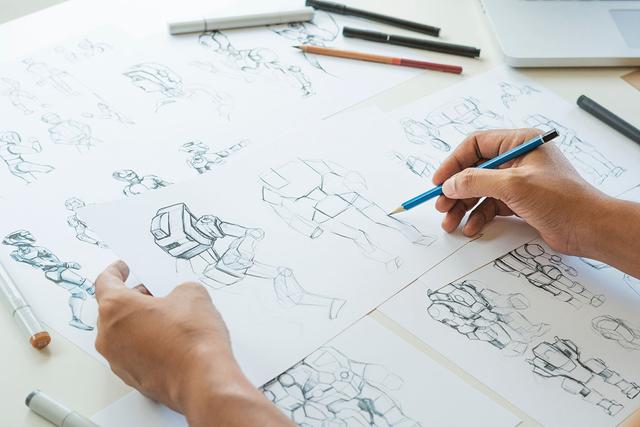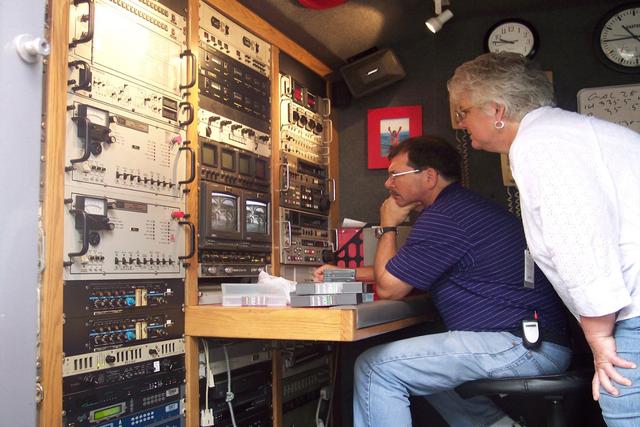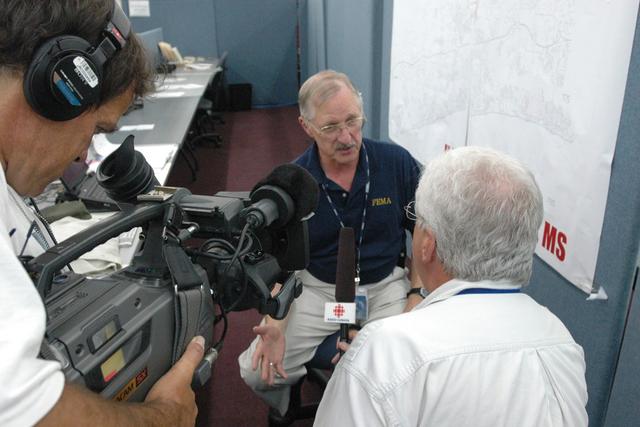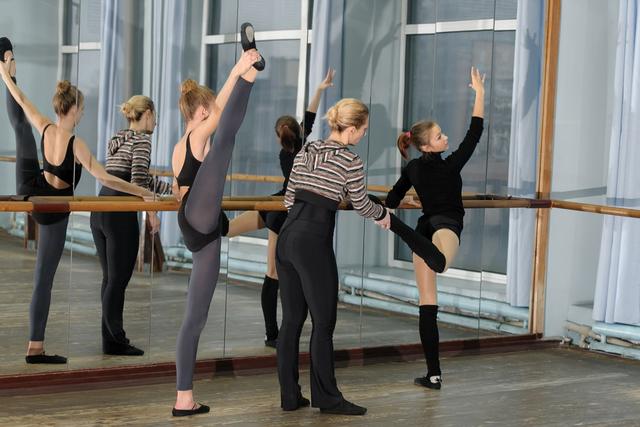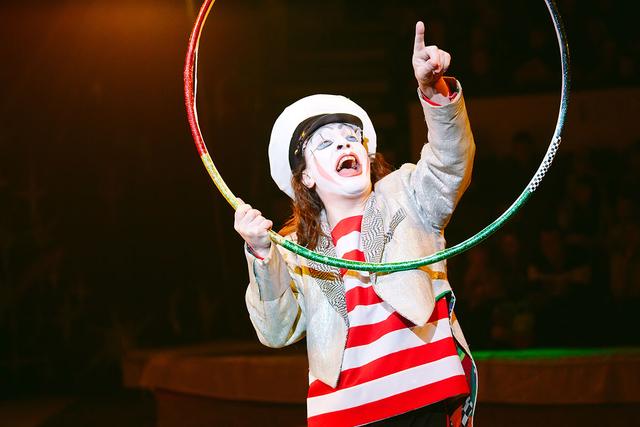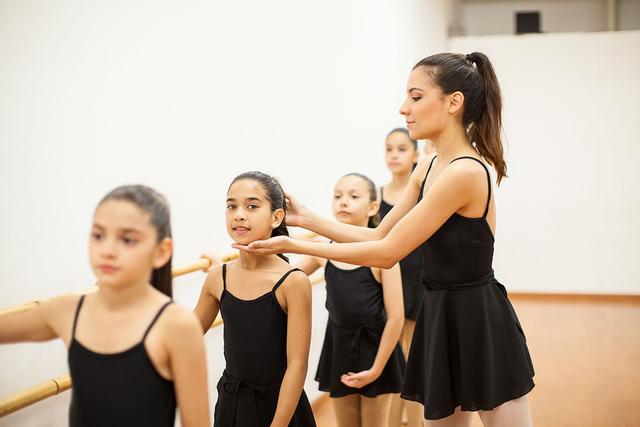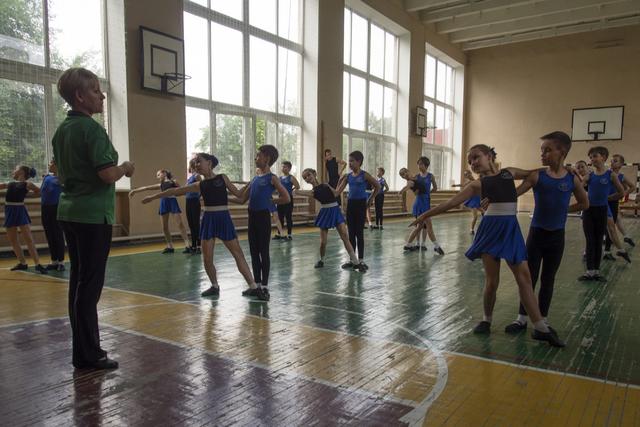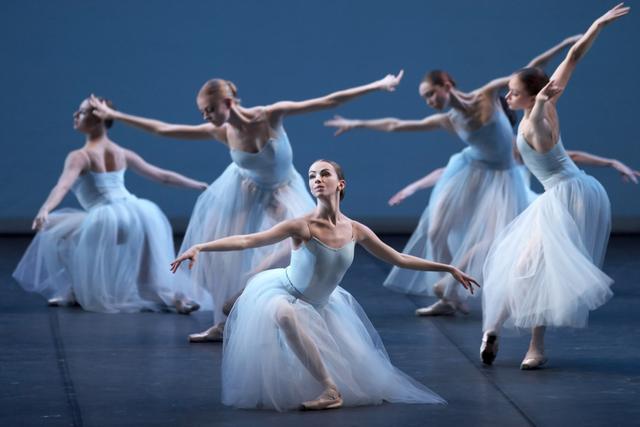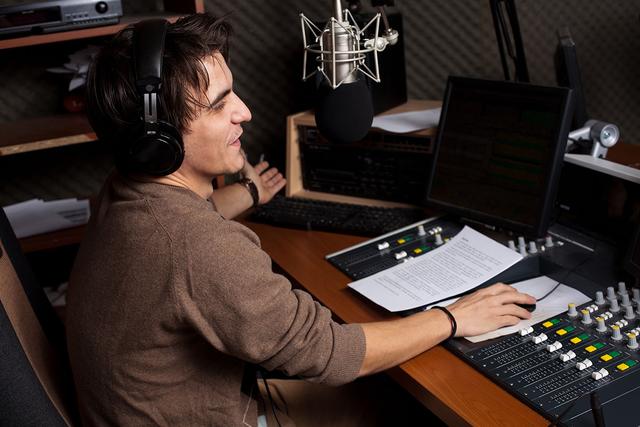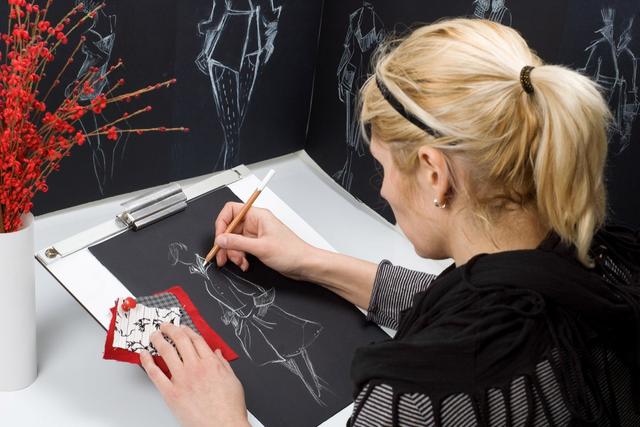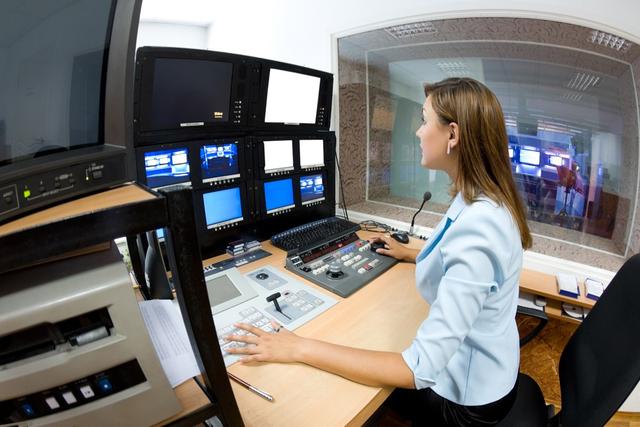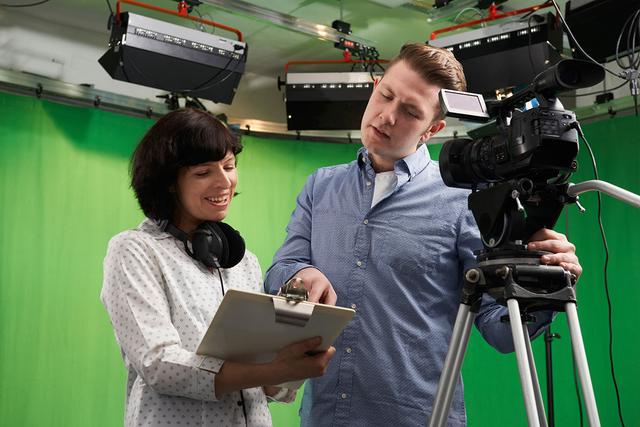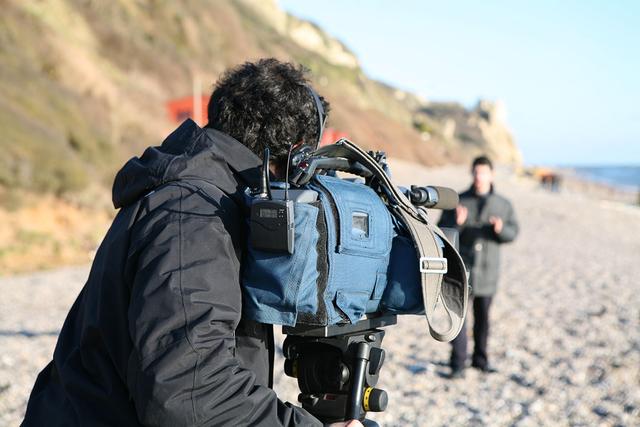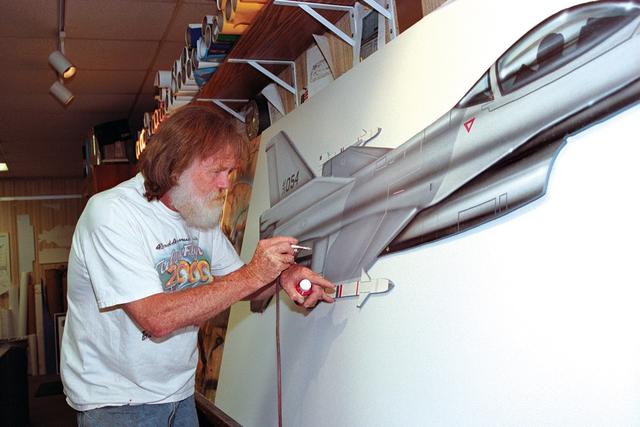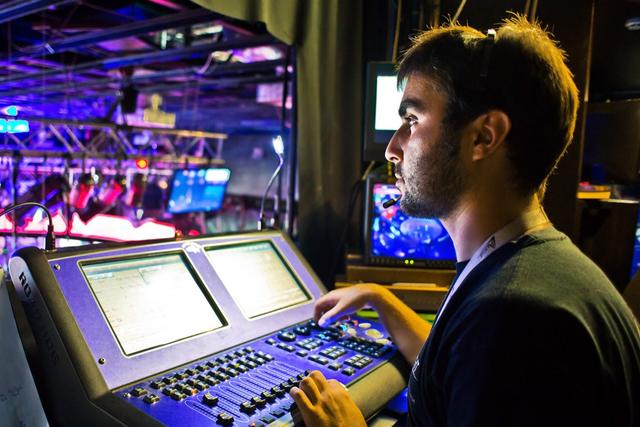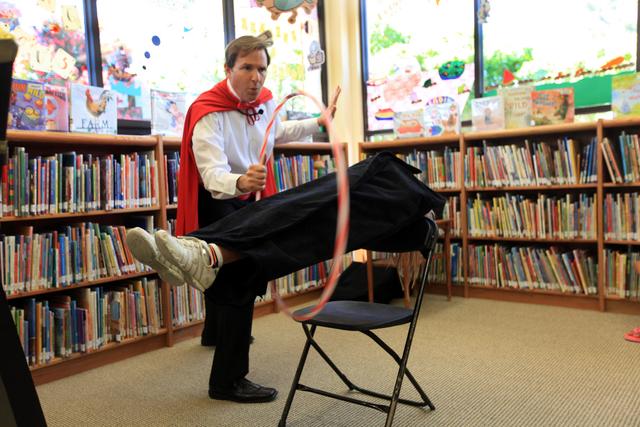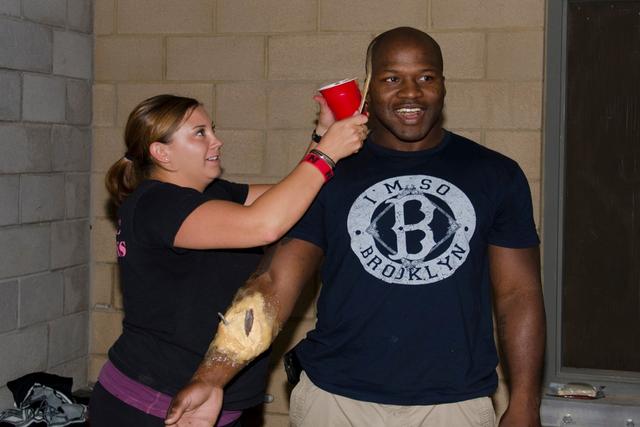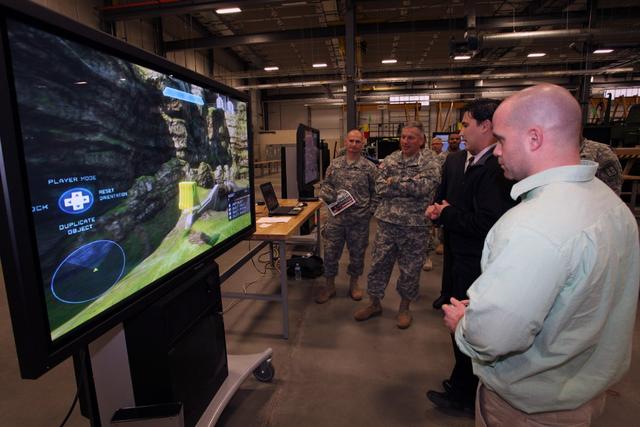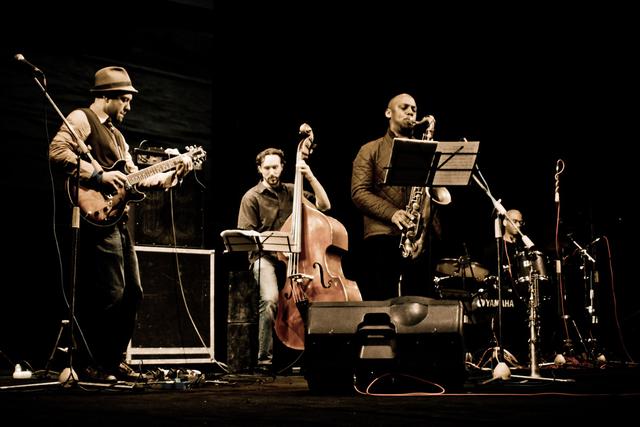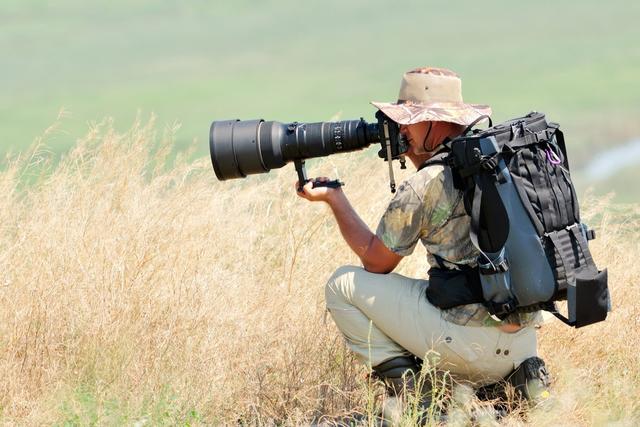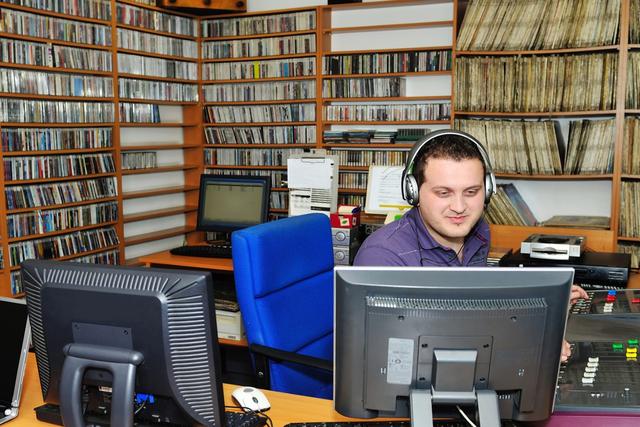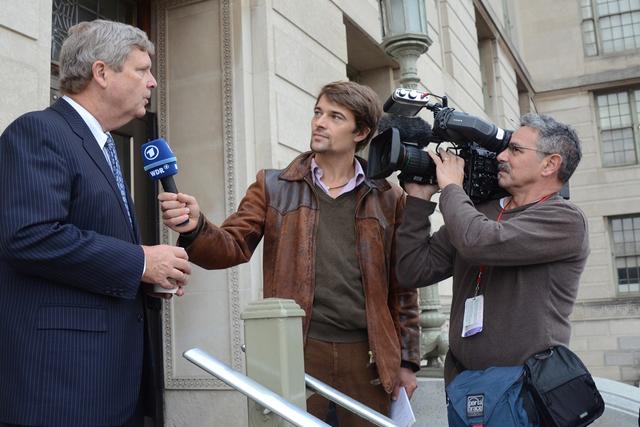Stage Production Workers
Overview
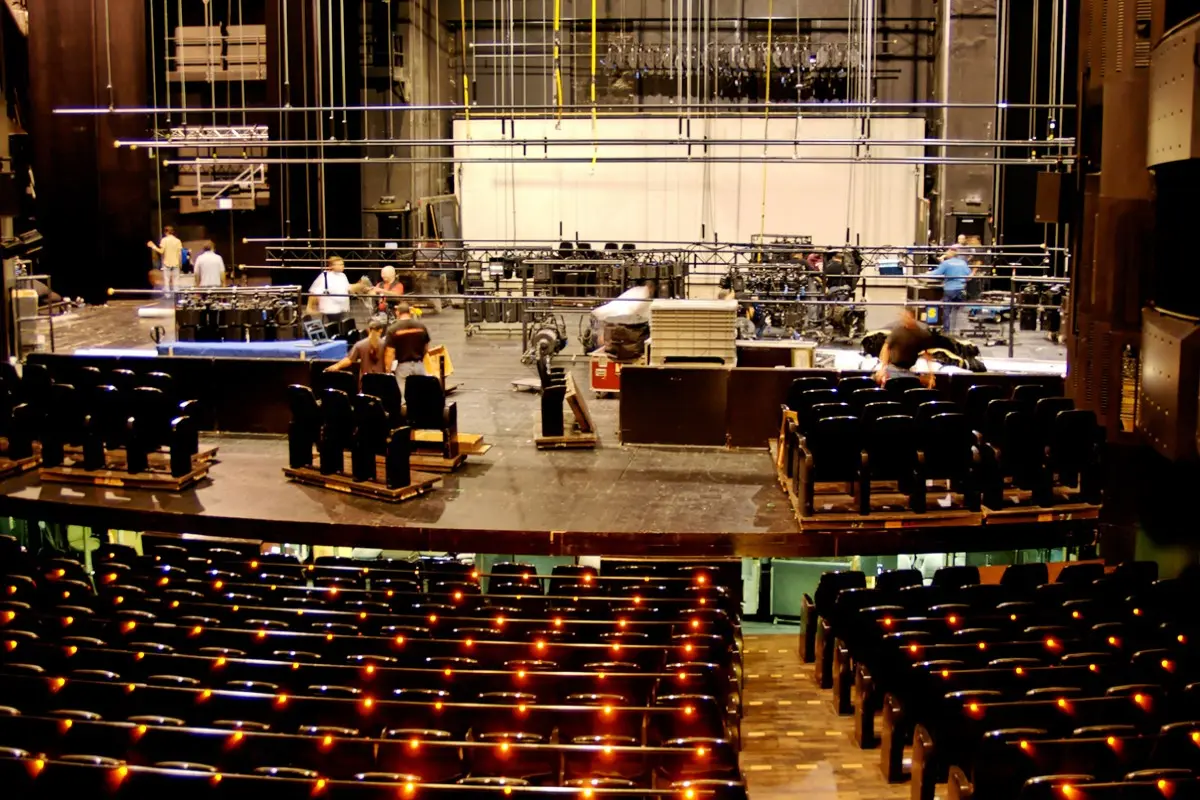
Introduction
Stage production workers handle the behind-the-scenes tasks that are necessary for putting on theatrical performances. Their responsibilities include costume and set design, installing lights, rigging, sound equipment, and scenery, and set building for events in parks, stadiums, arenas, and other places. During a performance they control the lighting, sound, and various other aspects of a production that add to its impact on an audience. These technicians work in close cooperation with the stage director, lighting director, actors, ...
Quick Facts
Median Salary
Employment Prospects
Minimum Education Level
Experience
Skills
Personality Traits
Earnings
Earnings vary widely according to the workers experience, job responsibilities, the geographic location of the theater, and the budget of the performance. In addition, the International Alliance of Theatrical Stage Employees reports that different local chapters have different pay scales, although its members, who are mostly employed at the largest commercial houses and on Broadway, generally e...
Work Environment
Working conditions in theaters vary from the lavish in a few theaters to small, simply equipped facilities in many community theaters. Many theaters are hot and stuffy during performances, or drafty and cold when empty. Stage production workers can expect to work long hours and spend much time on their feet. Many work evenings and weekends. People who work behind the scenes in theaters must be ...
Outlook
The outlook for jobs in theater companies typically varies depending on the job. However, the coronavirus pandemic has had a major effect on the theater industry in 2020. Many productions have either been postponed or cancelled, and many theaters in the U.S., as well as around the world, have closed temporarily. Slow, if any, employment growth for all theater-related jobs is predicted into 2021...

